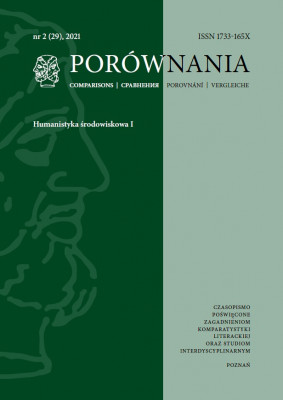Ecological Themes in the Prose of Modernists
At the end of the nineteenth century, along with the growing decadent moods, the pessimistic philosophy of Schopenhauer, and the criticism of large industrial agglomerations, in literature appeared works in which modernists began to notice the destructive influence of the industrial civilization on the natural environment. The city space was identified with the demoralizing habitat of evil, and its image was often described in the turpistic convention. Smoke rising from factory chimneys, rivers poisoned with toxic substances from factories became symptoms of an impending ecological disaster. Therefore, modernists sought refuge in agrarian utopias, in which human life was inscribed in the eternal order in nature. Dreams of returning to the preindustrial era were increasingly heard. Modernist works read today from an ecocritical perspective turn out to be extremely topical. The captured end of European civilization seems to have a wider dimension, in catastrophic visions the writers have noticed the fragility of existence not only of man but also of the natural world.
| Article Title | Type | Size |
|---|---|---|
| 05 Piechota | [pdf] | [142 KB] |
